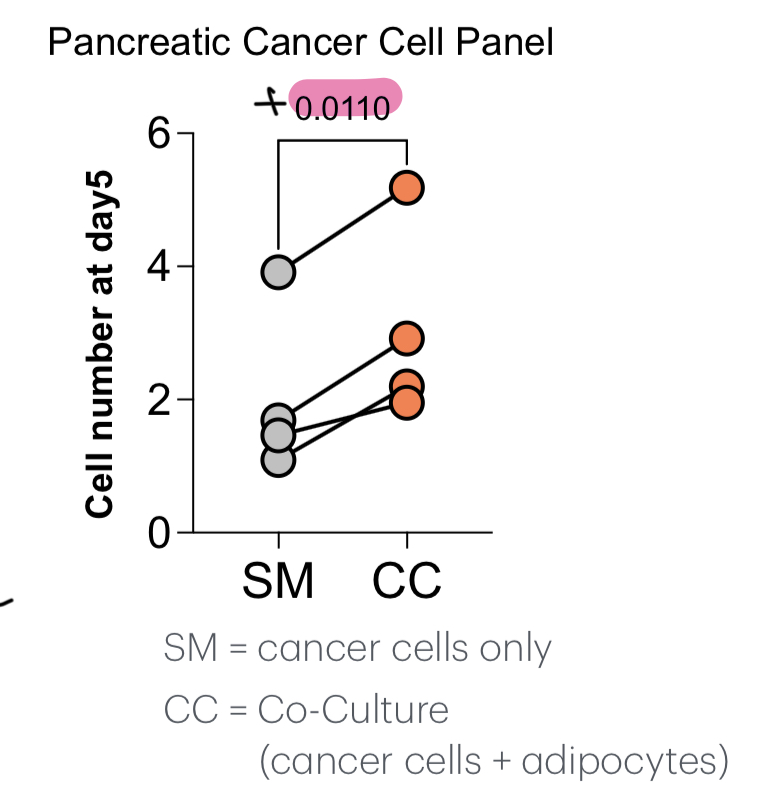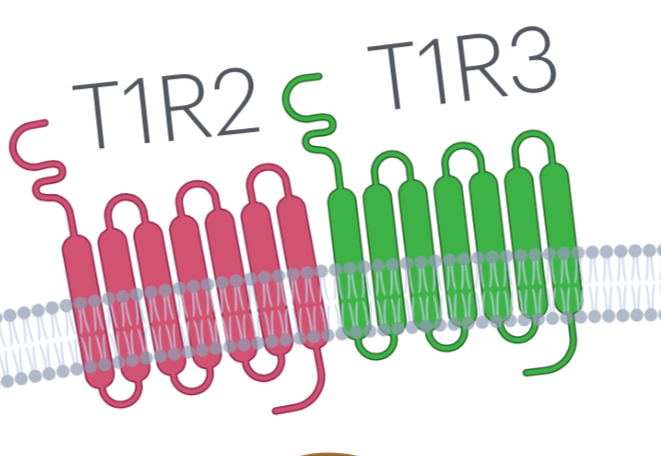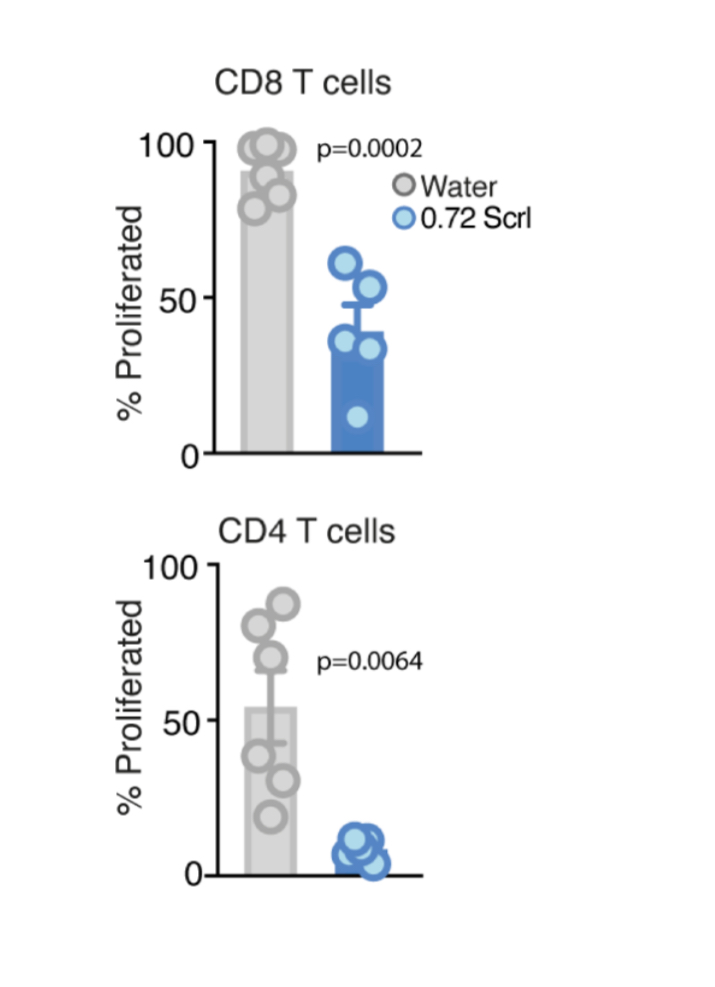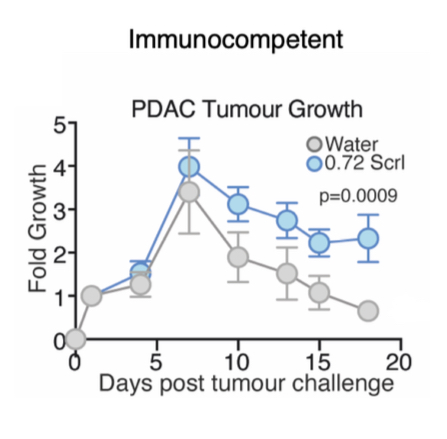Stressors and cancer
1/23
There's no tags or description
Looks like no tags are added yet.
Name | Mastery | Learn | Test | Matching | Spaced |
|---|
No study sessions yet.
24 Terms
Metabolic stressors (4)
- Sleep deprivation
- Drugs
- Diet
- Exercise
Basis of Zani’s research
Link between SIC (stressors-inflammation-cancer)
Research line #1
Adipocytes, obesity and cancer
Research line #2
Artificial sweetners and cancer
Obesity and cancer
Obesity increases cancer risk
Obesity and WAT
Causes inflammation, accumulation and swelling of WAT
Inflammation and WAT
Alters WAT function (storage of E)
Consequence on liver
Fatty liver bc it has to store excess Glc
Cancer and WAT
Makes the cells release hormones and stored lipids to proliferate
Why study pancreatic cancer?
- Link observed between obesity and PC
- PC invades WAT
Nutrient Rich medium and PDAC
Growth of cancer cells

Co-culture (direct contact) and PDAC
+0.011 in number
Adipocyte conditioned medium (soluble factors from adipocyte)
+0.0206 in number
Conclusion
Specific factors released by adipocytes promote the growth of cancer cells
Specific metabolites
Polar/water soluble metabolites (sugars and AAs)
What to artificial sweeteners activate?
Sweet taste receptors

Sweet taste receptors
- G protein-coupled receptor
- Heterodimer (T1R2+T1R3)
- Expressed in multiple cells
What suggests that artificial sweeteners do more than sweeten?
They are linked to increased desease and cancer risks
Homeostatic proliferation
Cell proliferation will be inversly proportionate to the intensity of the the color
Why was T-cell proliferation observed?
T-cells are part of our immune system = stop cancer

#1 Sucralose and number of T cells
T-cell production reduced

#2 Sucralose and tumor growth
Increased tumor size but only in immunocompetent mice (with T-cells)
Sucralose and autoimmunity
Delays it because it takes the mice more time to develop diabetes
Positive outcome
Mice developed diabetes slower or not at all during the study period